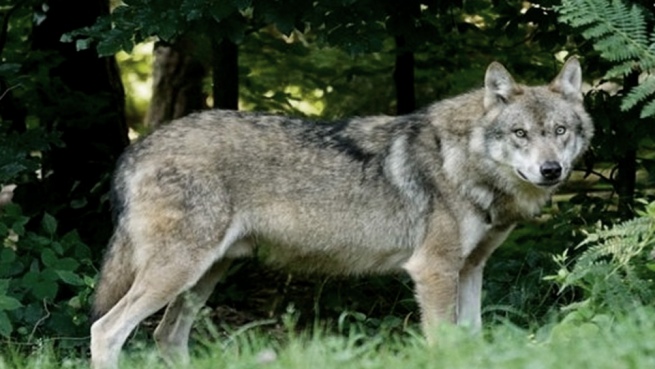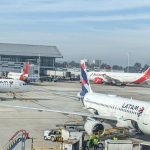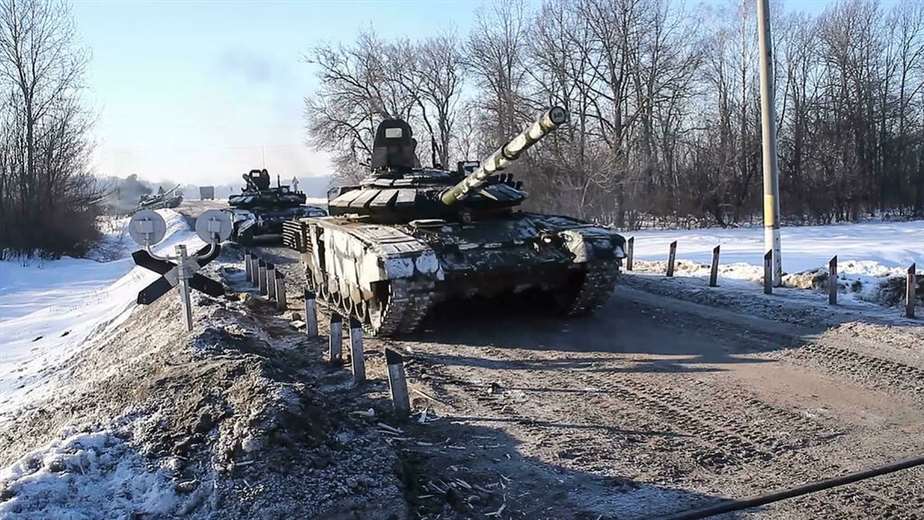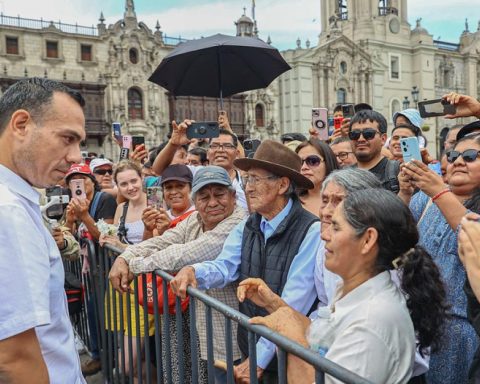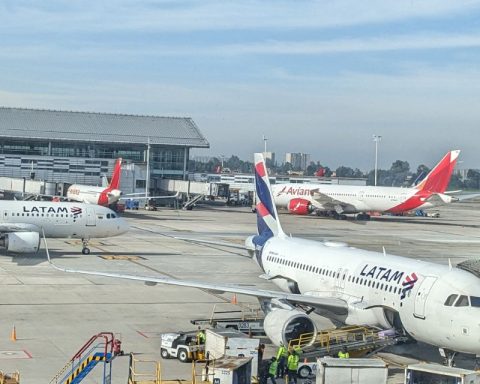After the invasion of wild boars in Rome that last year got into the electoral campaign for the communal government, the appearances of wolves in the Italian capital are now multiplying and experts assure that “deforestation and poor waste management” are some of the causes of the phenomenon.
The appearance of the fourth wolf run over in Roman avenues So far this winter, the protection of animals in central environments of the so-called “eternal city” has returned to the center of the discussion.
“There are more wolves showing up on the streets of Rome’s outskirts this year than last. And we believe that it is a trend that will grow,” Alessia De Lorenzis, manager of the Lipu Oasis animal conservation center in Castel di Guido, north of the Italian capital, told Télam.
“In the 1970s there were 100 wolves in the whole country. Then the protection laws were introduced and fortunately their population increased, but the deforestation of nearby areas is producing more appearances around Rome,” he explained.

The wolf, historically linked to the Italian capital even in the mythology of its foundation, “has become frequent again in the last eight years and more and more specimens appear,” according to the person in charge of the conglomerate that deals with 30 reserves throughout the country.
After the invasion of wild boars that last year got fully involved in the electoral campaign, and added to the constant presence of birds that fly over the garbage cans of the capital, De Lorenzis believes that the human factor is key to explaining the exponential increase in wolves in Rome in recent years.
“They are capable of daily movements of even tens of kilometers in search of food. And poor urban waste management attracts wolves either directly or because it multiplies the amount of prey they find in an area where there shouldn’t be so many animals,” he explained.
In conclusion, the expert analyzed: “The city produces an amount of organic material that we are not aware of. Wolves themselves are not a danger, although they have the biological capacity to be. They are terrified of men, but must remain wild animals without being lured into urban centers.”
